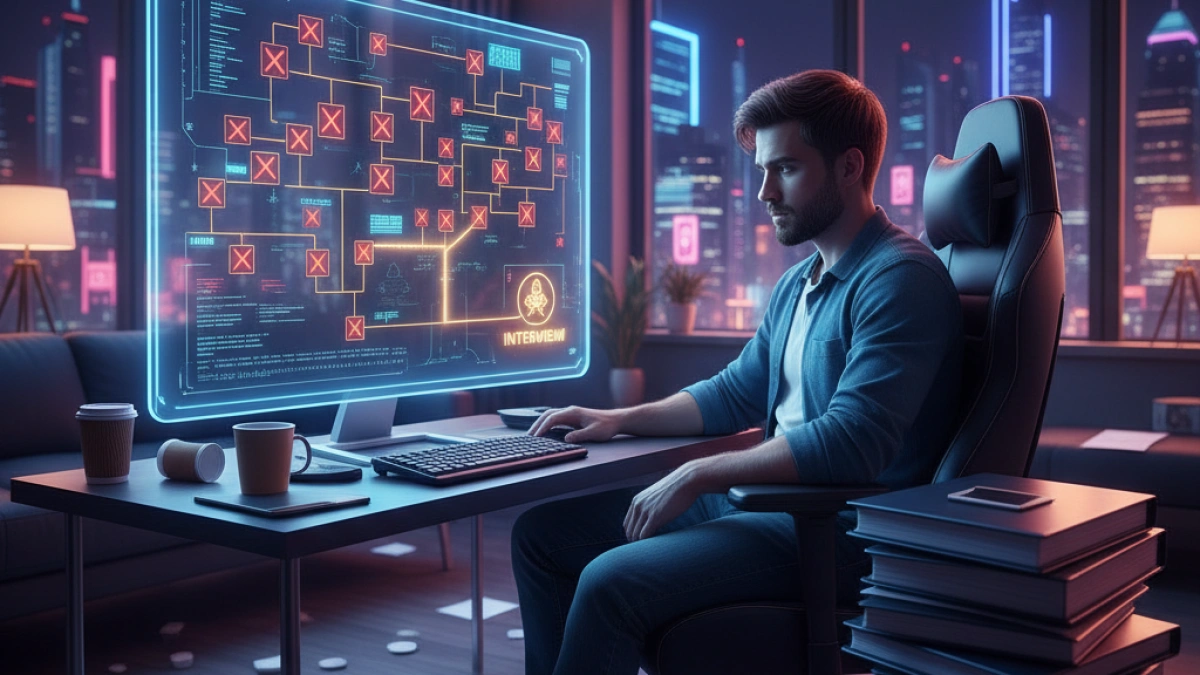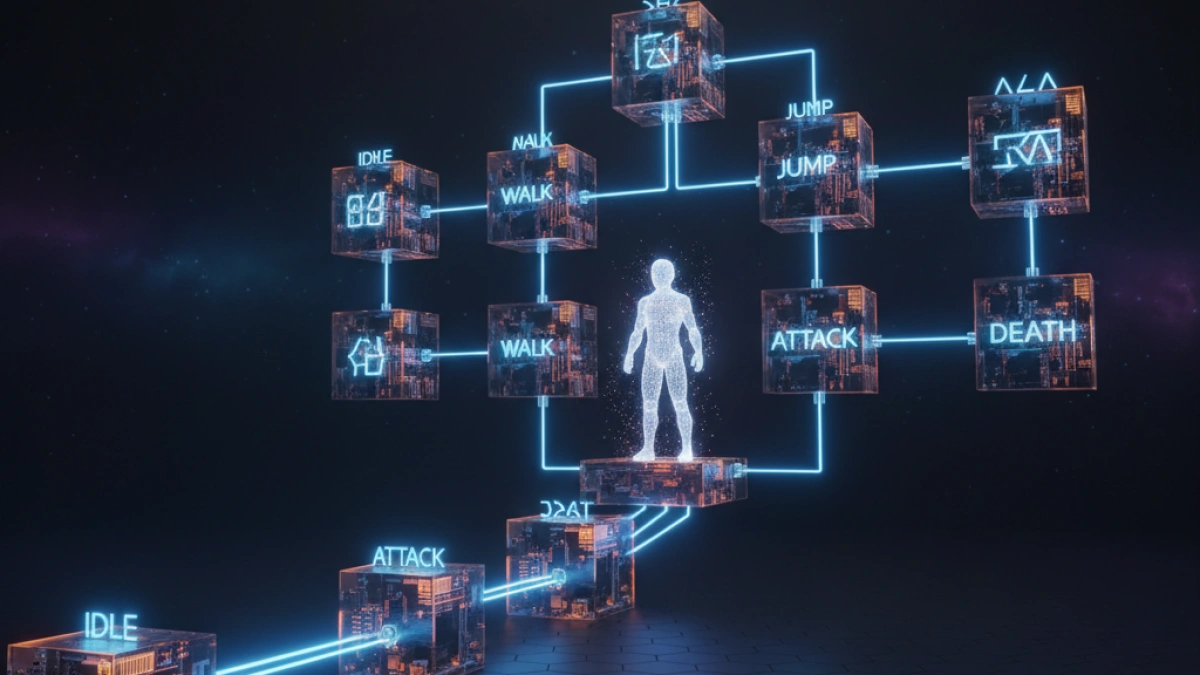Reasons Why Game Designers Aren't Getting Interviews


Today, the selection process for game designers has become increasingly competitive. Despite having an impressive portfolio and a strong education, many aspiring candidates face the harsh reality of not getting interviews. In this article, we will explore the main reasons behind this phenomenon and what candidates can do to improve their chances.
The Saturation of the Job Market
An Increase in the Number of Candidates
In recent years, the number of people interested in game design has grown exponentially. This has led to a saturation of the job market, where each vacancy receives hundreds of applications. Given this context, recruiters have the challenging task of filtering through a multitude of candidates with similar skills.
Competition is Fierce
In addition to the sheer volume of applicants, the quality of the competition has also improved. Many game designers today possess advanced technical skills and experience in notable projects. This high competition makes recruiters even more selective when deciding whom to invite for an interview.
Lack of Personalization in Applications
Generic Resumes and Cover Letters
Many game designers make the mistake of sending resumes and cover letters that are not tailored to the specific company or position they are applying for. Recruiters are looking for candidates who demonstrate a genuine interest in their company and who can bring something unique to the team. Personalization in the application presentation is key to standing out from other applicants.
Failing to Demonstrate Relevant Skills
Another reason why designers fail to secure interviews is that they often do not effectively communicate their relevant skills. It's essential for candidates to highlight their competencies that are most applicable to the position and to be specific about their experiences and achievements. Including concrete examples can make the difference between getting called for an interview or being forgotten.
The Importance of the Portfolio
An Underwhelming Portfolio
The portfolio is one of the most important elements for a game designer. However, many candidates fail to create an attractive and well-structured portfolio. It is crucial that this document reflects the designer's creativity and technical skills, showcasing a variety of projects that demonstrate capability and versatility.
Presentation Matters
The way the portfolio is presented is also vital. A sloppy or unprofessional design can negatively impact the first impression a recruiter has. Investing time in improving the presentation of the portfolio can significantly increase the chances of landing interviews.
Limited Networking
The Importance of Professional Connections
Finally, many game designers fail to leverage their networking opportunities. Professional relationships are an essential component in the video game industry. Often, vacancies are filled through referrals, and having a strong network can facilitate access to job opportunities. Participating in industry events and connecting with other professionals can open doors that would otherwise remain closed.
Conclusion
The difficulties that game designers face in securing interviews stem from multiple factors, from market saturation to a lack of personalization in applications. Improving portfolio presentation and strengthening networking efforts are crucial steps to increase the chances of success in the job search process.
If you are interested in reading more about topics related to the video game industry and tips to enhance your job opportunities, I invite you to explore more articles on my blog.



















